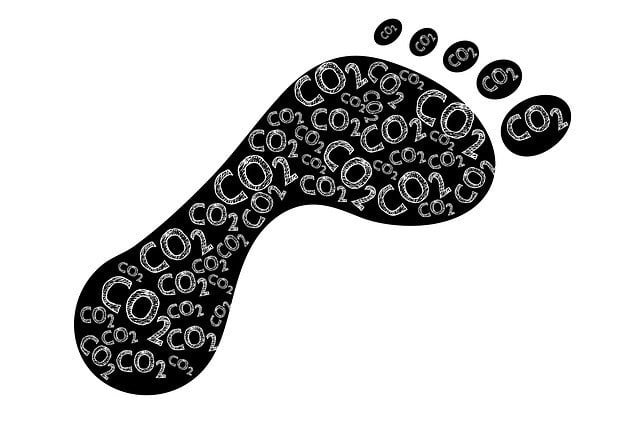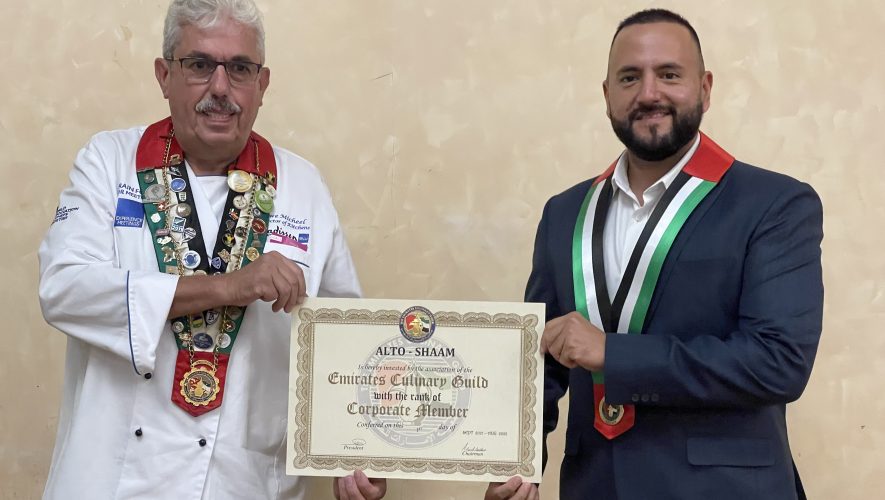BASF is setting itself even more ambitious goals on its path towards climate neutrality and wants to be climate neutral by 2050. Based on the latest advances in the development of CO 2 -reduced and CO 2 -free technologies, the company is also significantly increasing its medium-term reduction target for greenhouse gas emissions by 2030: BASF aims to reduce the amount of greenhouse gases emitted by 25 percent worldwide compared to 2018 – and this despite the targeted growth and the establishment of a large Verbund site in southern China. Without taking the planned growth into account, this means halving CO 2-Emissions in existing business by the end of the decade. Overall, BASF is planning investments of up to EUR 1 billion by 2025 and a further EUR 2 billion to EUR 3 billion by 2030 to achieve the new climate target.
In 2018, the BASF Group’s global emissions were 21.9 million tons of CO 2-Equivalents. In 1990 they were about twice as high. The new emissions target for 2030 corresponds to a reduction of around 60 percent compared to 1990 and will exceed the European Union’s target of minus 55 percent. “The new climate targets underscore our determination and BASF’s commitment to the Paris Climate Agreement. Climate change is the greatest challenge of the 21st century. We have to align our processes and our product portfolio with this. We must therefore force this conversion now. First of all, it depends on the first few meters of the route and not on the last. That is why we at BASF will increasingly focus on the use of renewable energies, and we are accelerating the development and use of new CO 2-free process for the production of chemicals. With transparency and offers for the targeted, step-by-step reduction of the CO 2 footprint of BASF products along the entire value chain, we support our customers in all industries to reduce the CO 2 footprint of their own products,” says Dr. Martin Brudermüller, Chairman of the Board of Executive Directors of BASF SE.
The focus of the long-term transition to net zero CO 2 emissions from 2050 is the use of new technologies in which fossil fuels such as natural gas are replaced by electricity from renewable sources. Most of these technologies are being newly developed by BASF and together with partners and are currently in the pilot stage. The broad scaling of these technologies will only be fully achievable after 2030. In order to reduce CO 2 emissions at an accelerated rate beforehand, BASF continues to systematically implement continuous improvement processes for existing production facilities. In addition, BASF will gradually convert its electricity requirements to renewable sources and is also aiming to invest in wind turbines.
The most important new technologies that BASF is currently developing include electrically operated steam crackers for the production of basic chemicals such as ethylene, propylene and butadiene. These are at the beginning of numerous value chains and are fundamental to chemical production. Hydrogen is another important feedstock for many chemical manufacturing processes. For the CO 2 -free production of hydrogen, BASF uses two processes in parallel: the commercially available water electrolysis and methane pyrolysis, for which BASF has developed a new process technology. Another lever for greater energy efficiency is the use of electric heat pumps to convert waste heat into CO 2-free to generate steam. It is BASF’s aim, together with Siemens Energy, to gradually bring this technology to an industrial scale and to use it for the waste heat recovery of entire sites.
BASF assumes that the switch to climate-neutral production processes will lead to a sharp rise in electricity demand at large locations such as the main plant in Ludwigshafen in the coming decade. From around 2035 onwards, it is expected to be more than three times the current demand for electricity.
“This requires investments in the development and construction of new production facilities. The prerequisite for the transformation of chemical production is the reliable availability of large quantities of renewable electricity at competitive prices. Neither is the case in Germany today. Therefore, BASF intends to participate in investments in production facilities for renewable energies for its own use. For this, regulatory framework conditions are essential that make this transformation economically feasible, ”added Brudermüller.



